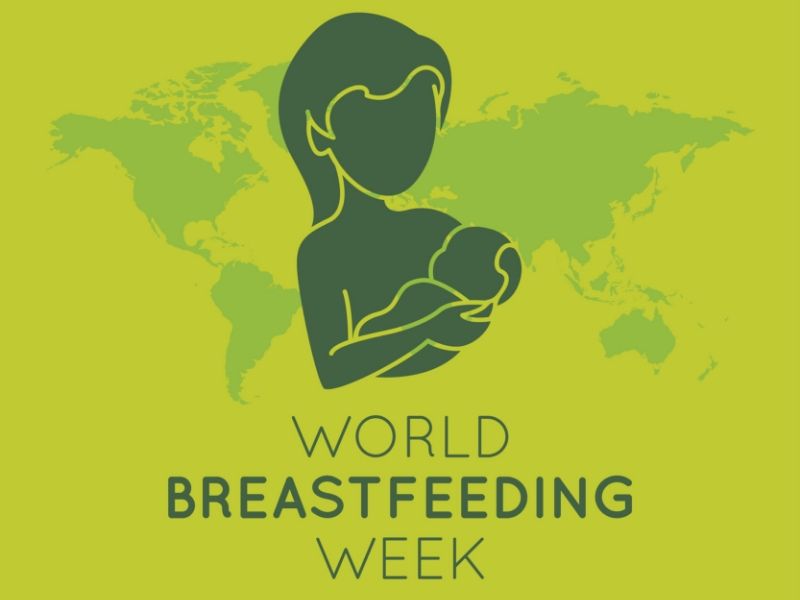By Tina George, Minna
The wives of local government council chairmen in Niger state are currently championing the course for exclusive breastfeeding in the state.
The took the campaign for six months exclusive breastfeeding to their various local government councils, during the 2020 world breastfeeding week.
The wife of Bosso council chairman, Mrs Hannatu Gomna, during the campaign in her area, said exclusive breastfeeding is one of the essential actions for infant development and survival.
“Exclusive breastfeeding is the process of feeding infants child only breast milk, be it directly from the breast or compressed, except drops or syrups consisting of vitamins, mineral supplements or medicine. Exclusive breastfeeding is one of the essential actions for infant development and survival.
“Complete six months of breast milk helps in the proper build-up of the child physically, mentally and otherwise, the child grows to be emotionally balanced with much attachment to the mother”, said Hannatu.
She donated drugs to breastfeeding mothers and also inspected some health facilities across Bosso Local Government.
In Gurara local government area, Hajiya Maryam Yusuf Gawu flagged-off the 2020 World Exclusive Breastfeeding week, advising mothers to breastfeed their children from 0-6 months.
She also donated child care materials to over 300 nursing mothers, which include pampers, soaps and other child care materials.
According to her, breast milk is not only necessary but compulsory for a child between the age 0-6 months because of the nutritional benefits attached to it.
She stressed that proper breastfeeding prevents the child from contracting various childhood diseases.
The Niger Nutrition Officer, Hajiya Amina Asmau, explained that his office had to engage the wives of the local government chairmen because they are closer to the people and would make more impact.
She said that the world breastfeeding week was successful because most of the wives took up the task and did a splendid job in sensitizing their people.
- The sensitization program had participants drawn from the health sector, pregnant and nursing mothers and community women.


